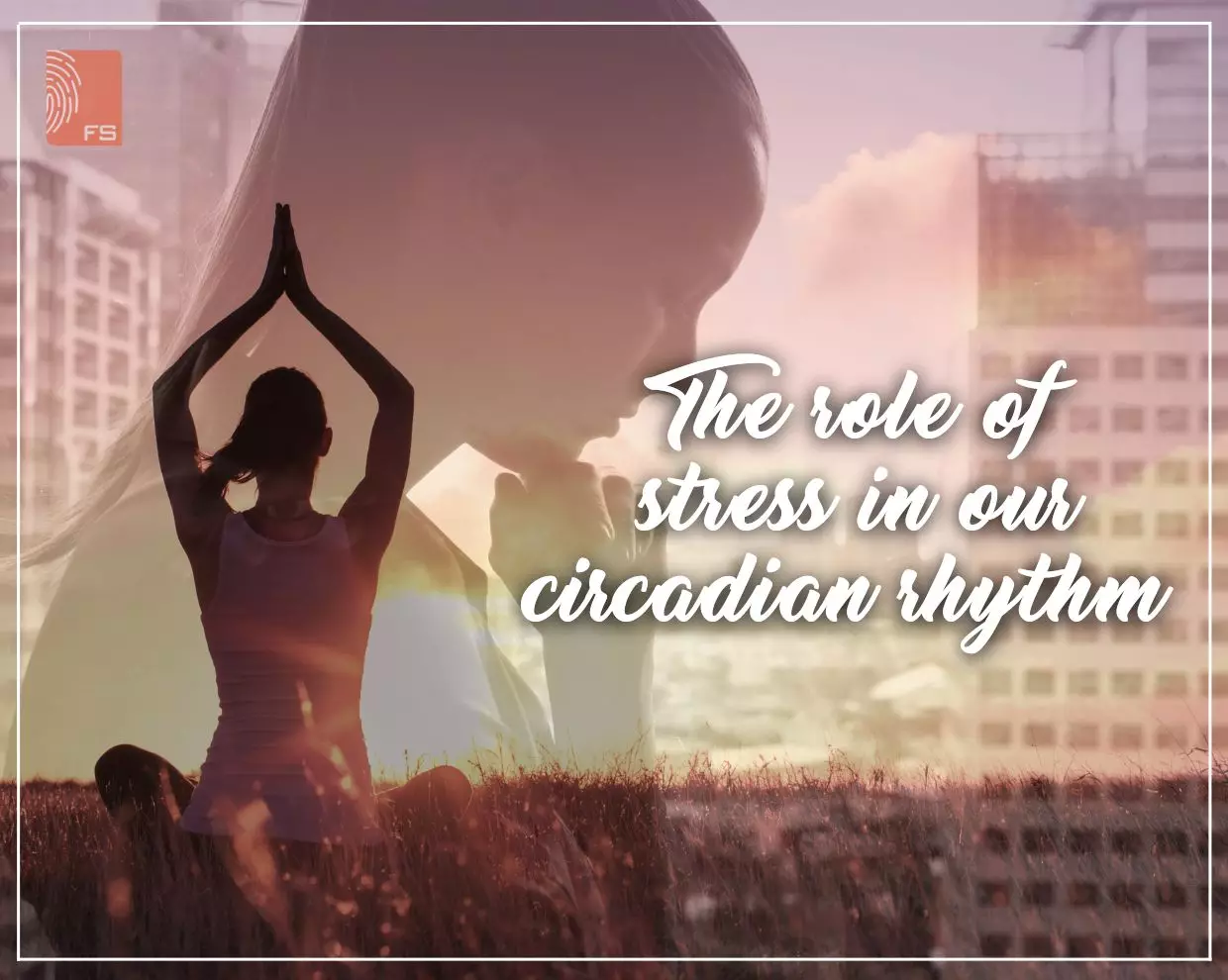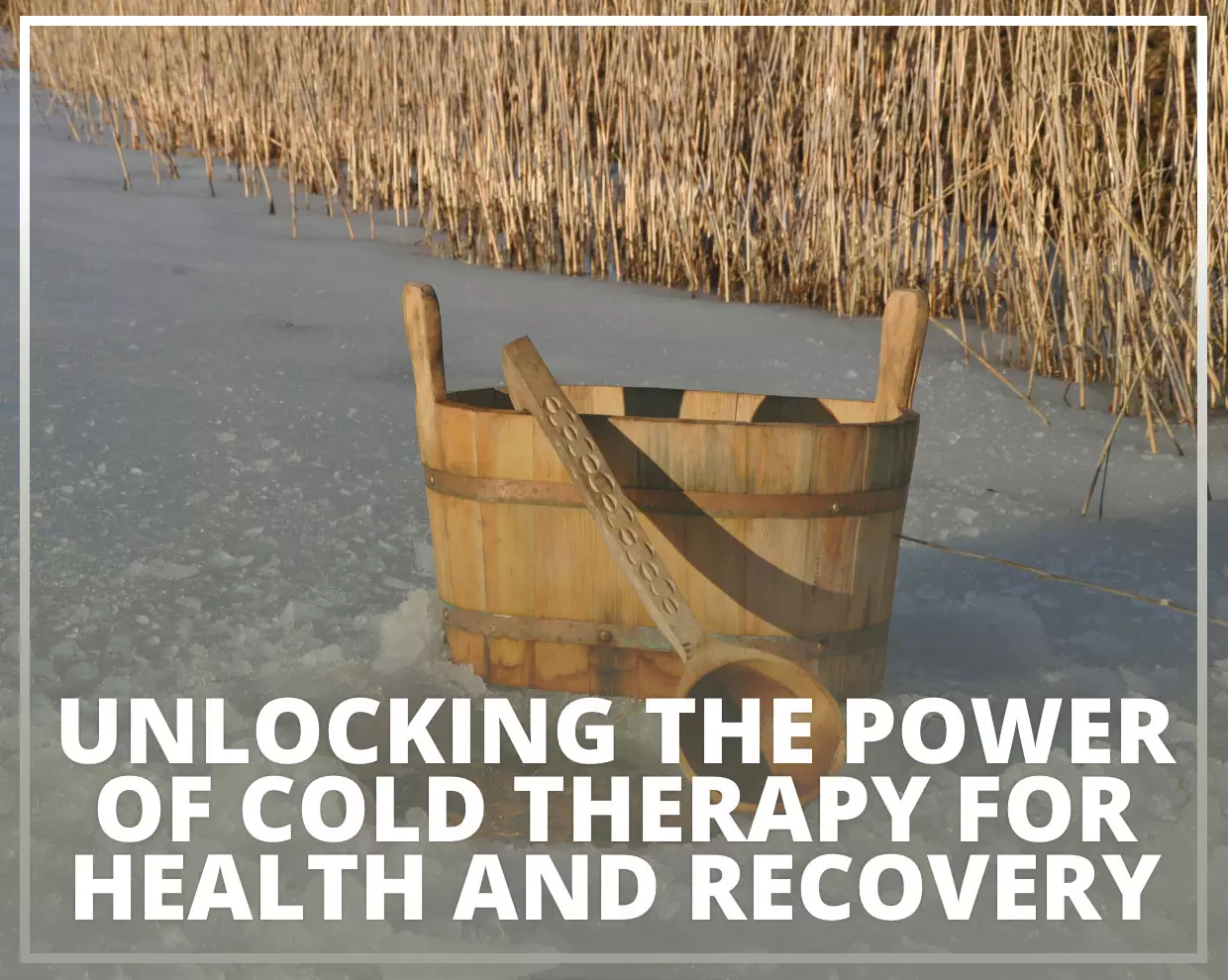Lesson Six: Stay on top of modern-day stressors.
Stress is a prevalent issue for many of us, significantly impacting our health.
Research has shown that stress can disrupt our circadian rhythm, affecting cortisol and melatonin regulation. [1] This disruption can lead to chronic stress and sleepless nights, exacerbated by environmental factors like jet lag, night-shift work, or exposure to artificial light at night. [2][3]
A study on patients with septic shock revealed that acute stress could increase pro-inflammatory cytokines, reducing melatonin production and increasing cortisol levels, both key markers of circadian rhythm. [4]
Recent insights show a bidirectional relationship between mood disorders and circadian rhythms. [5] A 2022 Nature article highlighted circadian rhythm disruption as a common factor in various mental disorders. [6] While science is still exploring this connection, treatments like melatonin supplementation and bright light therapy have been used for circadian disruption in ADHD and ASD patients. [7]
How breathing and mindfulness affect sleep
An easy way to start taking control of your health is through your breath.
Breathing correctly is crucial for health, as proper breathing patterns maintain a high metabolism and oxygenate tissues. Stress triggers rapid, shallow breathing, reducing blood flow to the brain and muscles.
Dysfunctional breathing
Some signs of dysfunctional breathing patterns include:
- Shallow inhales from the chest instead of deep breaths from the belly,
- Failing to expand the rib cage sideways during inhalation,
- Mouth breathing rather than nose breathing,
- Frequent yawning, indicating insufficient oxygen intake,
- A resting breath rate over 12 breaths per minute. [8]
Correct breathing — slow, through the nose, and from deep in the belly — supports alertness and performance.
Mindfulness
Mindfulness-based therapies have been effective in reducing stress and anxiety. [9] Stress triggers a "fight or flight" response, increasing heart rate and blood pressure. Chronic stress overloads the adrenal glands, causing excessive cortisol production.
Practicing mindfulness, especially in the evening, can help mitigate cortisol by calming the mind and adrenal glands. A study found that evening meditation raised night-time melatonin levels. [10] Apps like Headspace or Waking Up are recommended for starting meditation.
References

 NZ Store
NZ Store  UK Store
UK Store AU Store
AU Store EU Store
EU Store












